Euro 2016: Wales manager Chris Coleman's rollercoaster journey
- Published
Rewind: Chris Coleman makes final Wales appearance after serious car crash
Euro 2016 |
|---|
Host: France Dates: 10 June to 10 July |
Coverage: Live commentary on BBC TV, BBC Radio, the BBC Sport website and app. Live text commentary on every game on BBC Sport website. |
Chris Coleman stands tall, a proud figure with his arms crossed and eyes focused as his Wales players toil under hazy skies at their French training base for Euro 2016.
Having led his country to a first major tournament for 58 years, he has reason to be cheerful.
Yet this picture of calm belies the turbulent journey which he has taken to this point, a path punctuated by setbacks which will make this impending crowning moment even sweeter.
A premature end
A centre-back who won 32 caps for Wales, Coleman's playing career was cut short by injury at the age of 32.
The anguish of premature retirement was eased by an early start to life as a manager, becoming the youngest man to lead a Premier League team when he took charge of Fulham in 2003, still just 32.
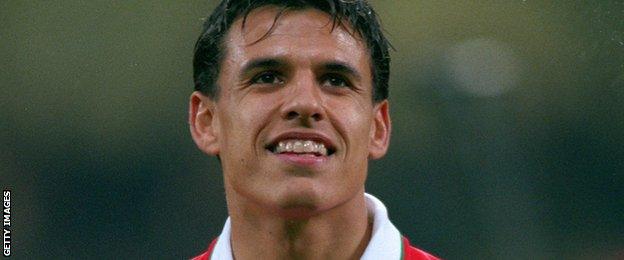
Chris Coleman made his final Wales appearances as a substitute in the 1-0 win over Germany in 2002
His tenure was largely successful, his animated touchline demeanour mirroring the combative defending which endeared him to supporters during his playing days at Craven Cottage.
However, results deteriorated in his fourth full season and he was sacked., external
Coleman then embarked on short spells at Spanish side Real Sociedad, back in England with Coventry and then at Larissa in Greece with mixed results.
After leaving Larissa, Coleman wanted to rebuild his reputation, and he would not have to wait long for his opportunity - though it arrived in tragic circumstances.
The tragic 'proudest moment'
The death of then Wales manager Gary Speed in November 2011 cast a shadow over an entire sport.
A former captain of his country and a charismatic man who had revitalised Wales following his appointment in 2010, Speed's passing left a terrible void.
It is why Coleman, on the day he was unveiled as Speed's successor in January 2012, could not hide the fact he did not want to be there.
"In an ideal world I wouldn't be sitting here because this press conference would not be taking place," he said at the time.
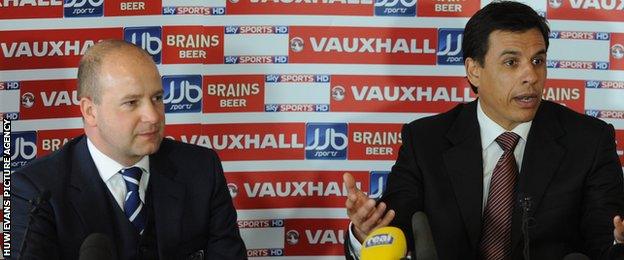
Coleman (right) with FAW chief executive Jonathan Ford after he was appointed Gary Speed's successor in 2012
"Wales would be doing very well and one of my best friends would be with us, but that's not the case.
"I'm here for a lot of right reasons and I'm here for a lot of wrong reasons, and that doesn't really sit right with me.
"But of course I'm extremely proud to be leading my country. It's my proudest moment."
Coleman's first appearance as Wales manager was a poignant occasion as he spoke with moving candour and eloquence.
Sensitive to the delicate nature of the situation, Coleman was careful not to speak about continuing his friend's legacy, knowing he would have to forge his own path in the role.
The worst start
After overseeing a match against Costa Rica in tribute to Speed, Coleman lost his first four matches at the helm in earnest - the worst start by any Wales manager.
The fourth defeat, a 6-1 mauling in Serbia in September 2012, was the nadir - even by the modest standards set by previous Wales sides.
Just seven months into the job, Coleman was already under severe pressure, but a reprieve came in the form of a hard-fought win against Scotland.
Wales trailed 1-0 in torrential Cardiff rain until two late goals from Gareth Bale - the second a spectacular long-range strike - secured victory in dramatic fashion and gave Welsh morale the lift it desperately needed.
Their efforts to reach the 2014 World Cup were to end in disappointment but, finishing with a commendable draw in Belgium, there was a glimmer of hope for Coleman.
Embarrassment and ecstasy
The start of Euro 2016 qualifying brought renewed optimism with a relatively kind draw and a promising group of players featuring the likes of Bale, Aaron Ramsey and Ashley Williams.
Yet just 45 minutes into the campaign, the scene was bleak.
At half-time in their opening game away against the tiny Catalan principality of Andorra, Wales were drawing 1-1 against a side whose last competitive win came in 2004.
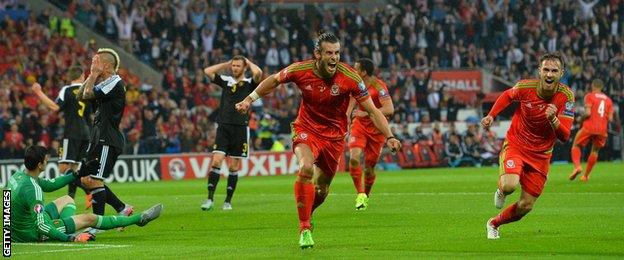
Gareth Bale's goal against Andorra was his 17th in 50 international appearances for Wales
As Coleman trudged across the pitch and headed towards the changing rooms of the 3,000-capacity Estadio Nacional, he was booed by Wales' furious fans.
They had recently seen their side fail to qualify for the World Cup and the feeble 45 minutes they had just witnessed suggested Wales were about to squander another chance to secure their place at a major tournament.
Embarrassment in Andorra might have cost Coleman his job but Bale proved a familiar saviour as his late free-kick snatched victory and set his country on course for what would prove to be an historic campaign.
There followed a titanic home win against Belgium, then ranked second in the world, and the moment of chaotic elation as qualification was confirmed despite a 2-0 defeat away against Bosnia-Herzegovina.
Wales' players celebrated wildly in the driving rain and at the heart of the melee was Coleman, soaked, exhausted but delirious with a precious sense of vindication.
- Published9 June 2016
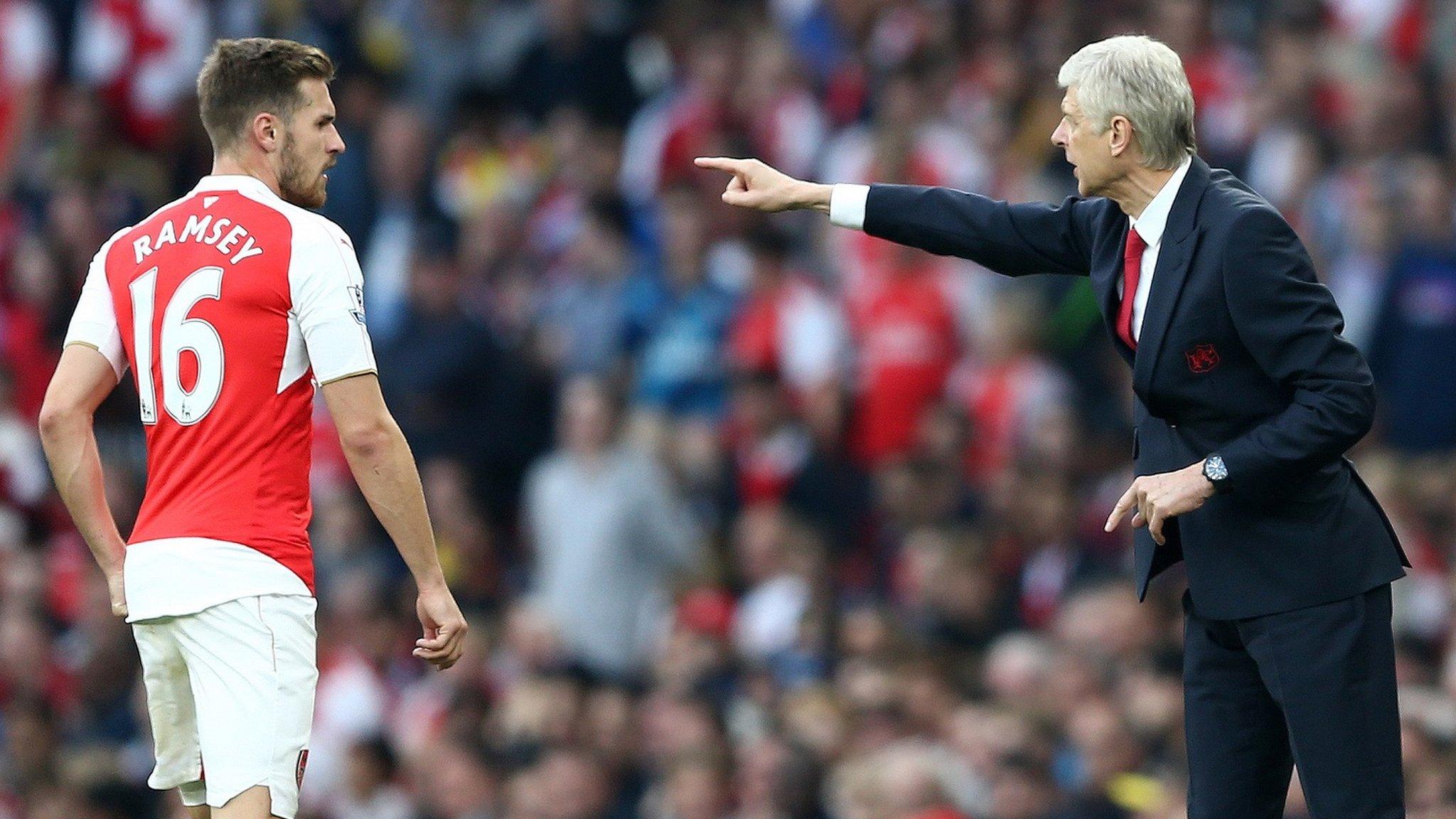
- Published9 June 2016
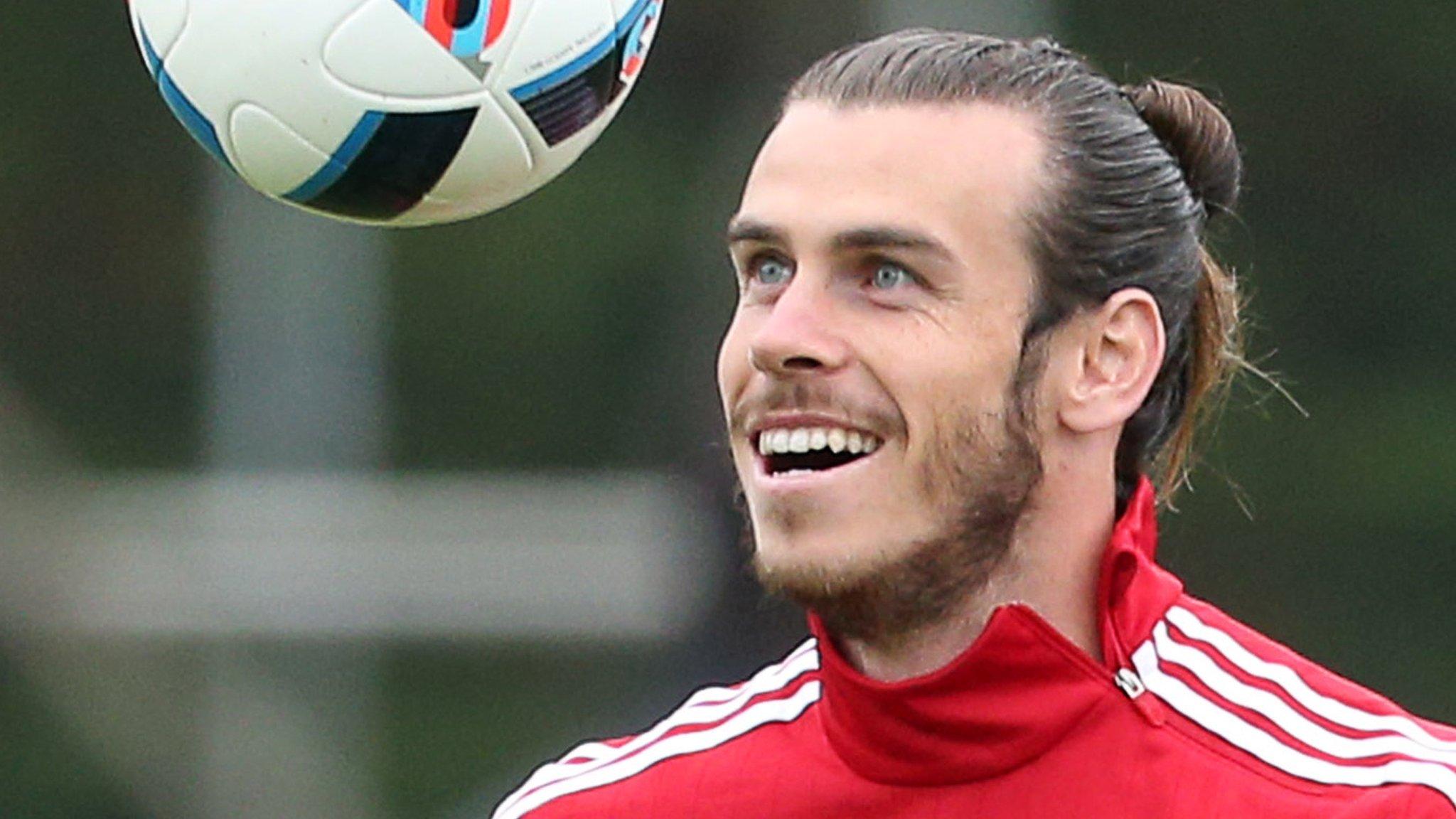
- Published9 June 2016
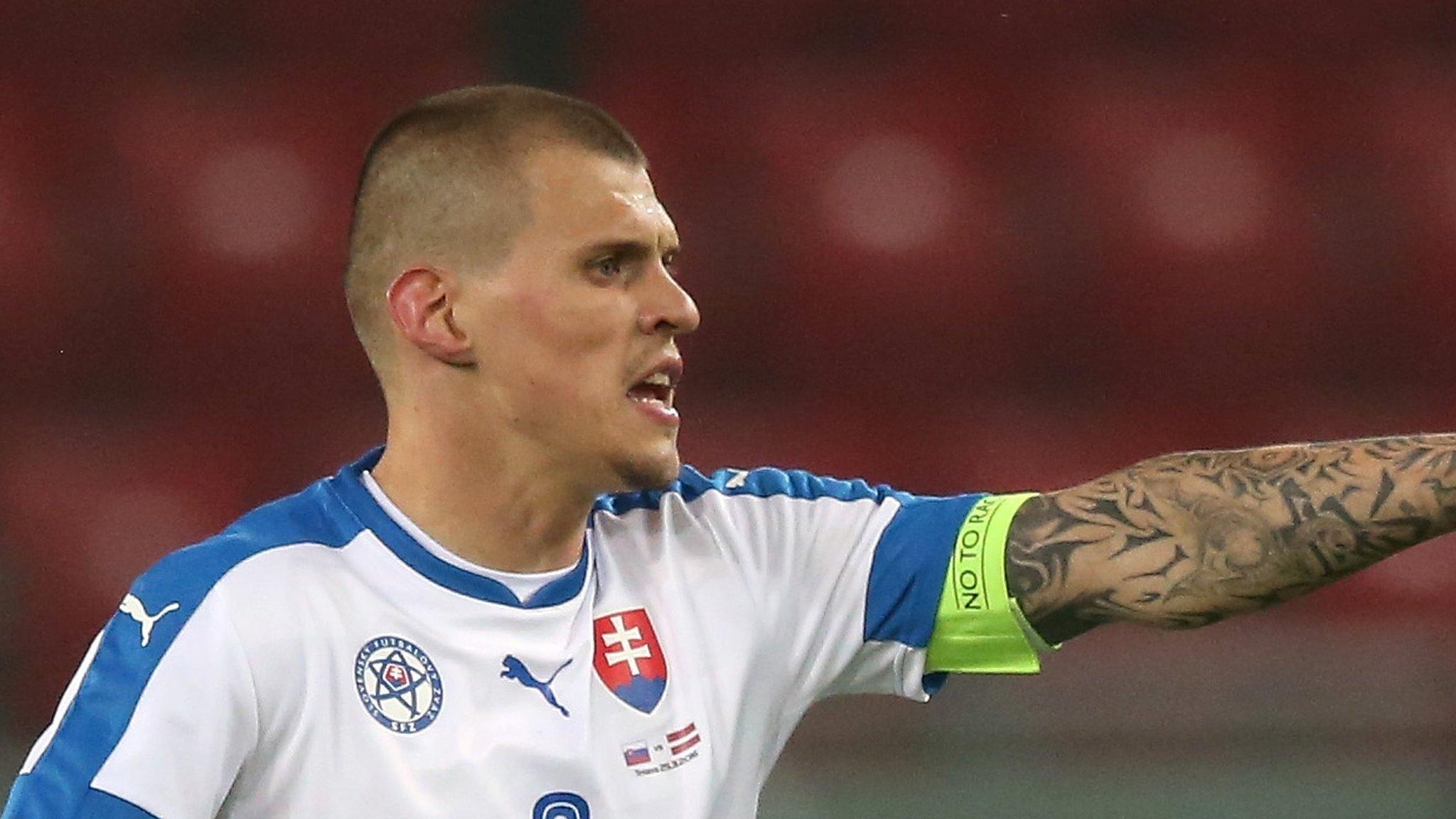
- Published9 June 2016
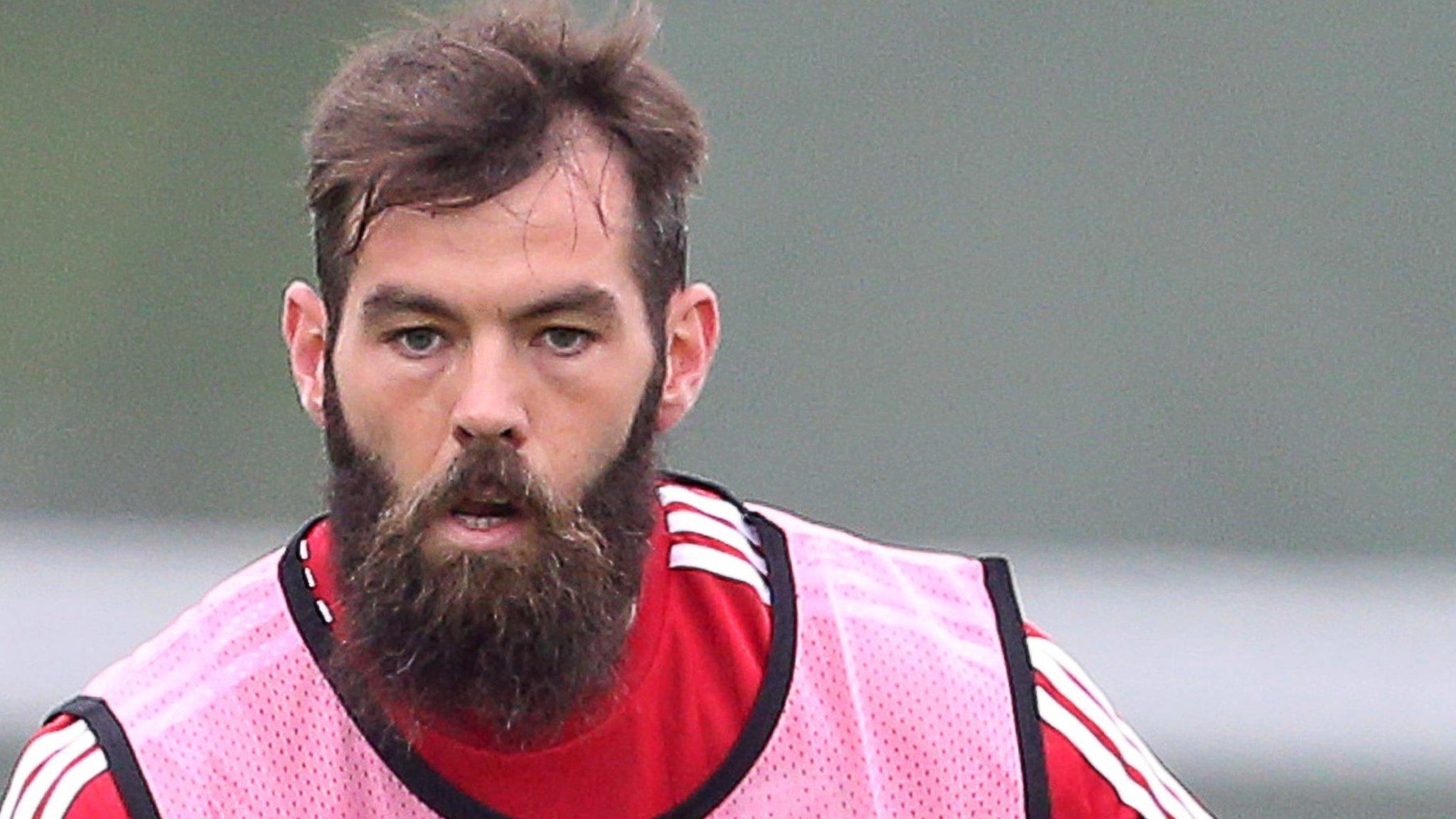
- Published20 June 2016

- Published7 June 2019
